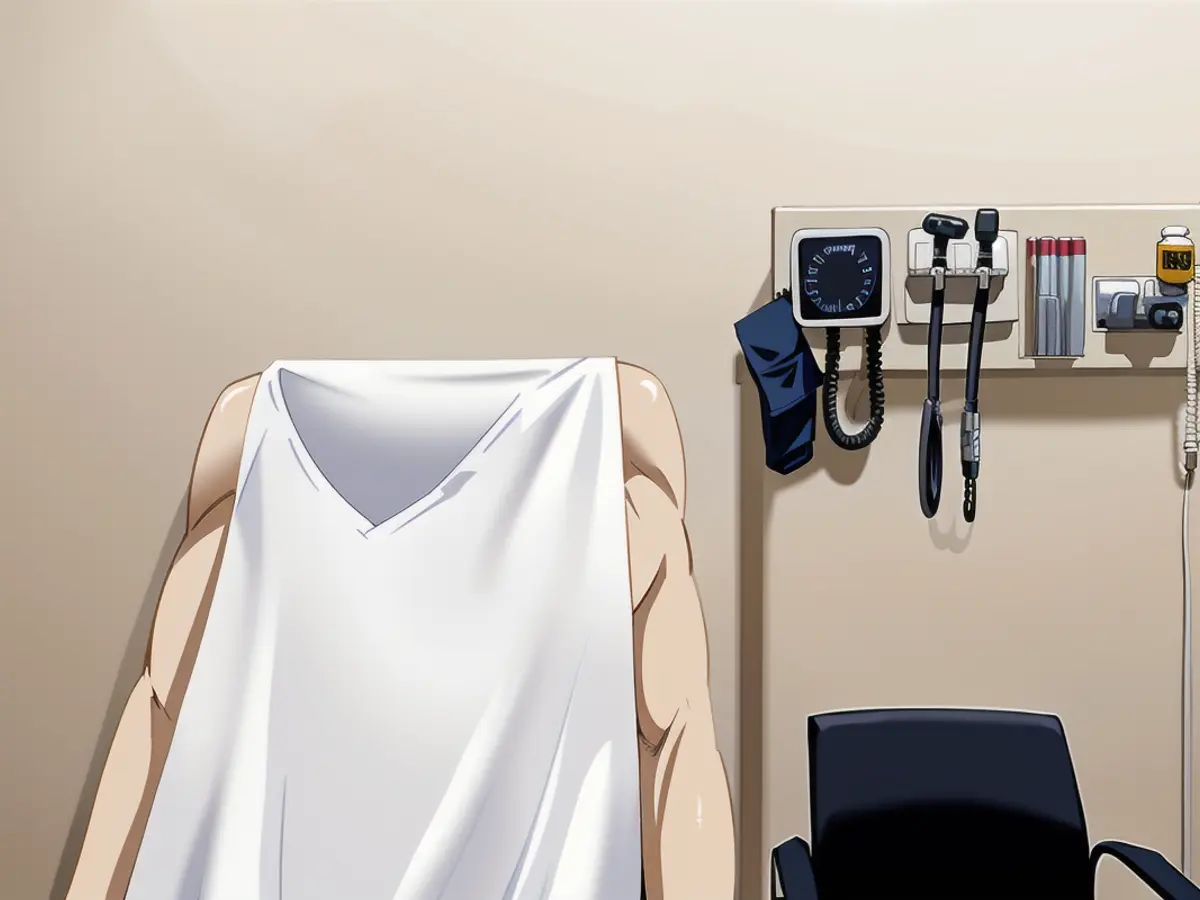Medically-trained individuals are steering clear of regions imposing limitations on abortions.
Blum preferred to focus on programs in states where abortion access is likely to be preserved, such as California, Colorado, and New Mexico. Arizona recently passed a law banning most abortions after 15 weeks.
"I'd love to have as much training as possible," Blum stated, "but that would have still been a restriction."
In June, Blum will begin her residency at Swedish Cherry Hill hospital in Seattle.
According to new data from the Association of American Medical Colleges (AAMC), for the second consecutive year, students who finished medical school in the US were less likely to apply for residency positions in states with abortion bans and other significant abortion restrictions.
Since the Supreme Court overturned the constitutional right to an abortion in 2022, fights over abortion access have led to uncertainty for pregnant patients and their doctors. This uncertainty has also reached the realm of medical education, forcing some new doctors to consider state abortion laws when deciding where to start their careers.
Fourteen states, primarily in the Midwest and South, have nearly banned all abortions. AAMC's new analysis - a preliminary copy of which was exclusively reviewed by KFF Health News before its release - revealed a 4.2% decrease in applicants to residency programs in states with near-total abortion bans, compared with a 0.6% decrease in states where abortion is still legal.
Importantly, AAMC's findings highlight the broader problems abortion bans can create for a state's medical community in a time of provider shortages. The organization discovered a larger decrease in interest in residencies in states with abortion restrictions not just among those in specialties most likely to treat pregnant patients, such as OB-GYNs and emergency room doctors, but also among aspiring doctors in other specialties.
"It's concerning for states with severe restrictions on reproductive rights that so many new physicians across specialties are choosing to apply to other states for training instead," wrote Atul Grover, executive director of the AAMC's Research and Action Institute.
AAMC's analysis found the number of applicants to OB-GYN residency programs in abortion ban states dropped by 6.7%, in contrast to a 0.4% increase in states where abortion is still legal. The decline in interest in internal medicine residencies in abortion ban states was even more substantial than in states where abortion is legal.
In its analysis, the AAMC noted that the ongoing decline in interest in ban states among new doctors "may negatively affect access to care in those states."
Jack Resneck Jr., immediate past president of the American Medical Association, expressed concern, noting that the data signifies another facet of the post-Roe v. Wade era.
AAMC's analysis observes that even in states with abortion bans, residency programs are still filling their positions - largely because there are more graduating medical students in the US and abroad than there are residency slots.
However, Resneck said, "we're extremely concerned." For instance, doctors without sufficient abortion training may not be able to manage miscarriages, ectopic pregnancies, or potential complications resulting from pregnancy loss.
Those who work with students and residents confirm the findings. "People don't want to go to places where evidence-based practice and human rights in general are suppressed," said Beverly Gray, an associate professor of obstetrics and gynecology at Duke University School of Medicine.
Abortion in North Carolina is only permitted in the first 12 weeks. Women facing complications or discovering potential fatal birth defects later in pregnancy may not receive care there.
Gray expressed concern that the abortion ban could hinder Duke's ability to attract the best and brightest medical residents.
Rohini Kousalya Siva will begin her obstetrics and gynecology residency at MedStar Washington Hospital Center in Washington, D.C., this year. She said she avoided applying for programs in states with abortion bans, opting instead for ones in Maryland, New Hampshire, New York, and Washington, D.C.
"We're doctors," Siva (who had attended medical school in Virginia and was previously president of the American Medical Student Association) emphasized, "so we're supposed to provide the best evidence-based care to our patients, and we can't do that without receiving abortion training."
An additional factor is that most graduating medical students are in their 20s, a time when people are typically starting to think about settling down and starting families. Gray observed that more students are asking about politics during their residency interviews.
And because many young doctors tend to establish their careers in the state where they complete their residencies, "people don't feel safe potentially having their own pregnancies in states with severe restrictions," said Debra Stulberg, chair of the Department of Family Medicine at the University of Chicago.
Stulberg and others are concerned that this self-selection away from states with abortion restrictions will contribute to the already existing shortage of physicians in rural and underserved areas.
"The geographic imbalance between the areas with the greatest needs and where people are choosing to go is problematic," commented Stulberg. "We don't need more people concentrating in urban areas where there's already good access."
Following her graduation from medical school in Tennessee, a state known for enforcing a strict abortion ban, Hannah Light-Olson is set to begin her OB-GYN residency at the University of California-San Francisco this summer.
Making this decision wasn't straightforward for her, as she expressed regret and sadness over leaving a place where she believed she could make a difference. She expressed immense gratitude towards her alma mater and the patients in Tennessee.
Some of her peers even chose to apply to programs in states with abortion bans, believing that pro-choice clinicians were more needed there than ever. Light-Olson also considered applying for residencies in such states, but only if they had a way to offer abortion training.
With the constantly evolving landscape of legal battles, she acknowledged that even California and New York could be targets in the future.
Blum, a fellow medical student, also faced a dilemma, as her scholarship comes with the condition of practicing in Arizona, but it's uncertain how abortion access would look during her tenure. However, she is concerned about the long-lasting impact this could have.
"If residents can't receive the necessary training in the state, they'll likely be less inclined to settle there and work," she stated.
CNN Health's weekly newsletter, The Results Are In, provides insightful health-related articles from the CNN Health team. KFF Health News is a national newsroom that offers in-depth coverage of health issues and is part of KFF (Kaiser Family Foundation), which specializes in health policy research, polling, and journalism.
Read also:
- No food or coffee for three days, just juice, juice, juice instead: a field report
- How to get rid of the flu if you have caught it
- Doctors warn of penis fractures and other injuries during the Christmas season
- Corona or flu epidemic? These pathogens are making us cough and sniffle right now
Source: edition.cnn.com








